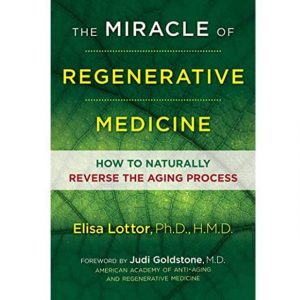Weight Gain and It’s Causes
Thyroid: With advancing age,thyroid hormone function declines. Low levels of thyroid hormone (hypothyroidism) can cause weight gain by decreasing the body’s metabolic rate.
Other hormones which can also contribute to weight gain include:
Estrogen: Loss of estrogen in women causes a change in body shape, usually a loss of hip and thigh weight with deposition of fat in the abdomen. When estrogen levels fall, the body creates estrogen from other sources such as fat. Because estrogen is produced in fat cells, excess calories from fat in order to raise the estrogen level.
Progesterone: During perimenopause and menopause when progesterone levels fall, there may be insufficient amounts of progesterone to balance the effects of estrogen. This causes weight gain because the diuretic effect of progesterone is overpowered by the fluid retaining effects of estrogen
Testosterone: One of the functions of testosterone is to build and maintain muscle. Muscle cells burn calories and keep the rate of metabolism high. A fall in the level of testosterone will result in loss of muscle mass and a slowing of the metabolic rate, both of which trigger weight gain. Testosterone declines most significantly during menopause and andropause.
In men, low testosterone and high cortisol levels cause an increase in body fat (especially abdominal fat), and a decrease of muscle mass. This increase in abdominal fat escalates hormonal imbalance by causing the conversion of testosterone into estrogen. Low testosterone also causes low energy, leading to less physical activity and weight gain.
As discussed above, the imbalance of several hormones in both men and women is involved in weight gain and the inability to lose weight.Balancing and optimizing hormones along with proper diet, stress management, neutraceutical supplementation and exercise can help you achieve maximum weight loss and sustained weight maintenance.
Contact Us Online
Our Office
— Liz Turner
— Kelly Young

